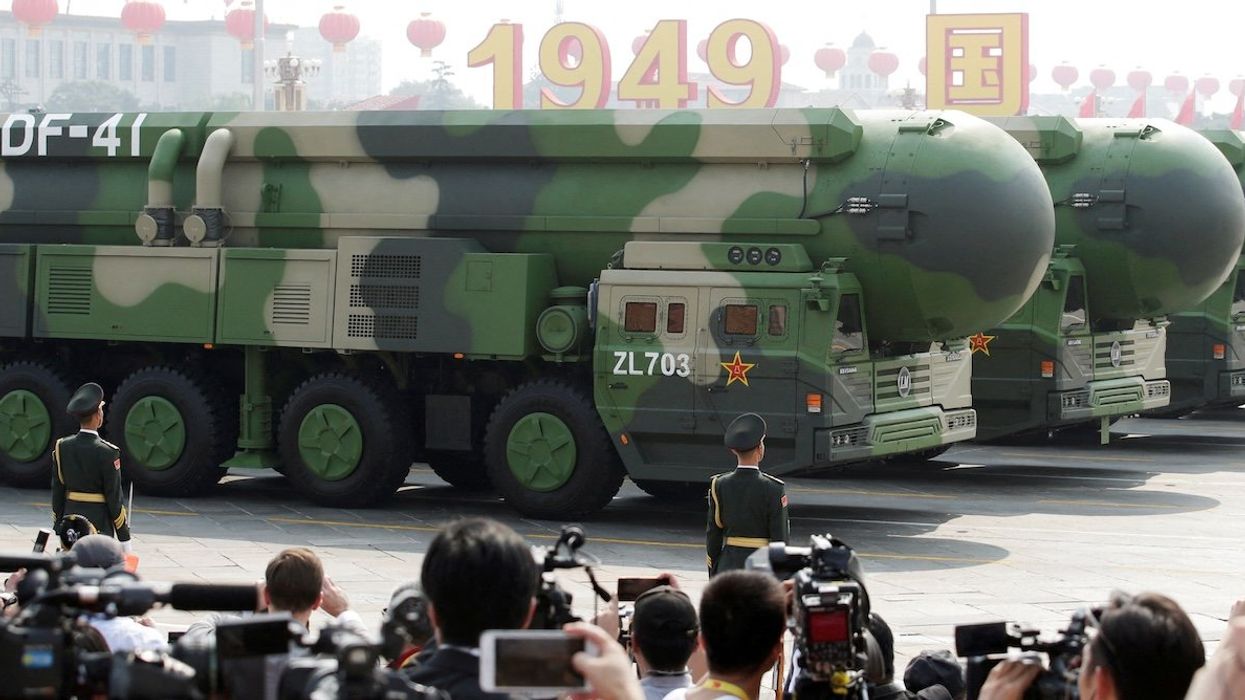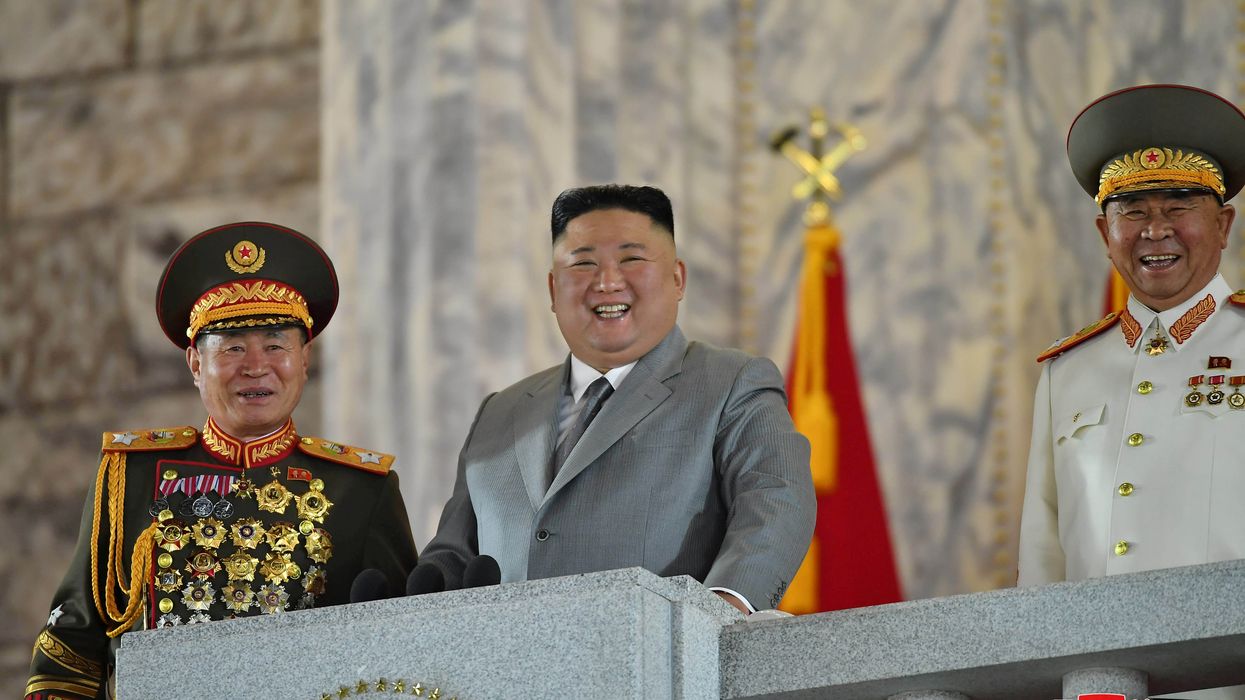What We're Watching
Beijing flexes nuclear muscle, sends signal to US
China tested an intercontinental ballistic missile in international waters for the first time in 44 years on Wednesday, an unusual move that analysts believe is intended to send a signal to geopolitical rivals. Namely: Don’t mess with our security, because we can defend ourselves with nukes.
Sep 25, 2024


